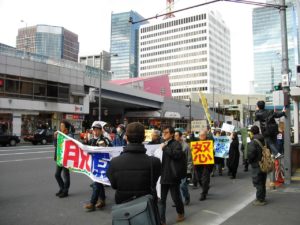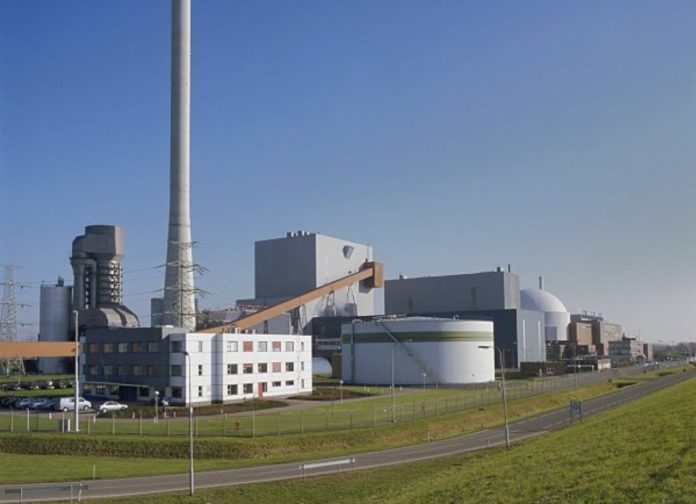It was a frequent talking point during the recent House of Representatives election – does the Netherlands need a new nuclear power plant?
Nuclear energy seems to be a controversial subject. According to a new report by the research institute TNO, Brabant well-suited to this. So, almost every political party in the province has a strong opinion about it.
In a nutshell – nuclear energy is electricity generated from the fission of uranium atoms. This is a radioactive substance. Fission releases an enormous amount of energy in the form of heat.
Potentially deadly waste
The plant uses this heat to create steam, which drives a turbine, thus creating electricity. After generating this energy, nuclear waste remains. This is potentially fatal to people and harmful to the environment. This waste has to be safely disposed of. That’s a timely, costly process.
The Netherlands stores such waste above ground, in specially designed buildings, for at least a century. It’s then moved deep underground for final disposal. The Netherlands won’t have to decide exactly how to proceed with this for another 80 years.
Nuclear energy became a sensitive topic after the Chernobyl incident in 1986. This nuclear reactor exploded in the former Soviet Union (now Ukraine). The blast killed dozens of people then.
Shocking stats
But, according to the World Health Organisation, at least 4,000 more people will die. That’s as a result of the radiation. Greenpeace says the number of deaths could run into the tens of thousands. These figures are staggering.

Then there is the more recent Fukushima Daiichi nuclear disaster. That occurred on 16 March 2011, when a tsunami hit Japan. There were no direct deaths. And so far, only one later, indirect death from the released radiation has been reported. However, authorities had to evacuate tens of thousands of people.
The Netherlands has three active nuclear reactors. But, currently, there’s only one of significance. It’s in Borssele, Zeeland. It supplies about three per cent of the country’s power needs. The other two are used for research or to produce so-called medical isotopes. These are used in hospital drugs to detect cancer, for example.
Cleaner, safer
On the plus-side, nuclear power is much cleaner than fossil fuel. That’s because nuclear power plants emit very little carbon dioxide (CO2), which adversely affects the climate. According to scientists, modern nuclear power plants aren’t as dangerous either. Reactors are much more advanced than in the 70s and 80s. And technicians can now skillfully control the nuclear fission process.
Also, a nuclear power plant can continue to operate under any weather conditions, unlike wind turbines and solar panels. And air pollution and accidents during the extraction of ‘old-school’ power are far more deadly than nuclear energy. Plus, natural disasters, like those that caused the nuclear disaster at Fukushima, are far less significant here, in the Netherlands.
But, opponents argue that no one can be absolutely certain that things will never go wrong in a nuclear power plant again. And when they do, people and the environment suffer. And then there’s the waste.
Expensive
This has to be transported and stored. This is expensive, as is the maintenance of nuclear power plants themselves. A renowned German think tank also found that no nuclear power plant on earth has ever been profitable.
Also, it’s questionable whether nuclear energy will help achieve the Netherlands’ 2030 climate targets. The country’s main focus is on green solar and wind energy. Nuclear energy experts argue that such power is becoming increasingly cheaper. And the Netherlands can achieve its climate objectives without atomic energy.
The discussion about nuclear power plants is, therefore, divided. And building a new nuclear power plant seems to have become primarily a political issue. And, as often, politics is divided, just like the people of Brabant themselves.
In the run-up to the elections, Omroep Brabant commissioned a survey. This was to see what support for a nuclear power plant in Brabant would have. People were asked if they would be ok with a nuclear power plant in the province. Half the people surveyed were against it. Twenty-seven per cent were pro, and 23% had no opinion, one way or the other.
Source: OmroepBrabant
Translator: Melinda Walraven
















